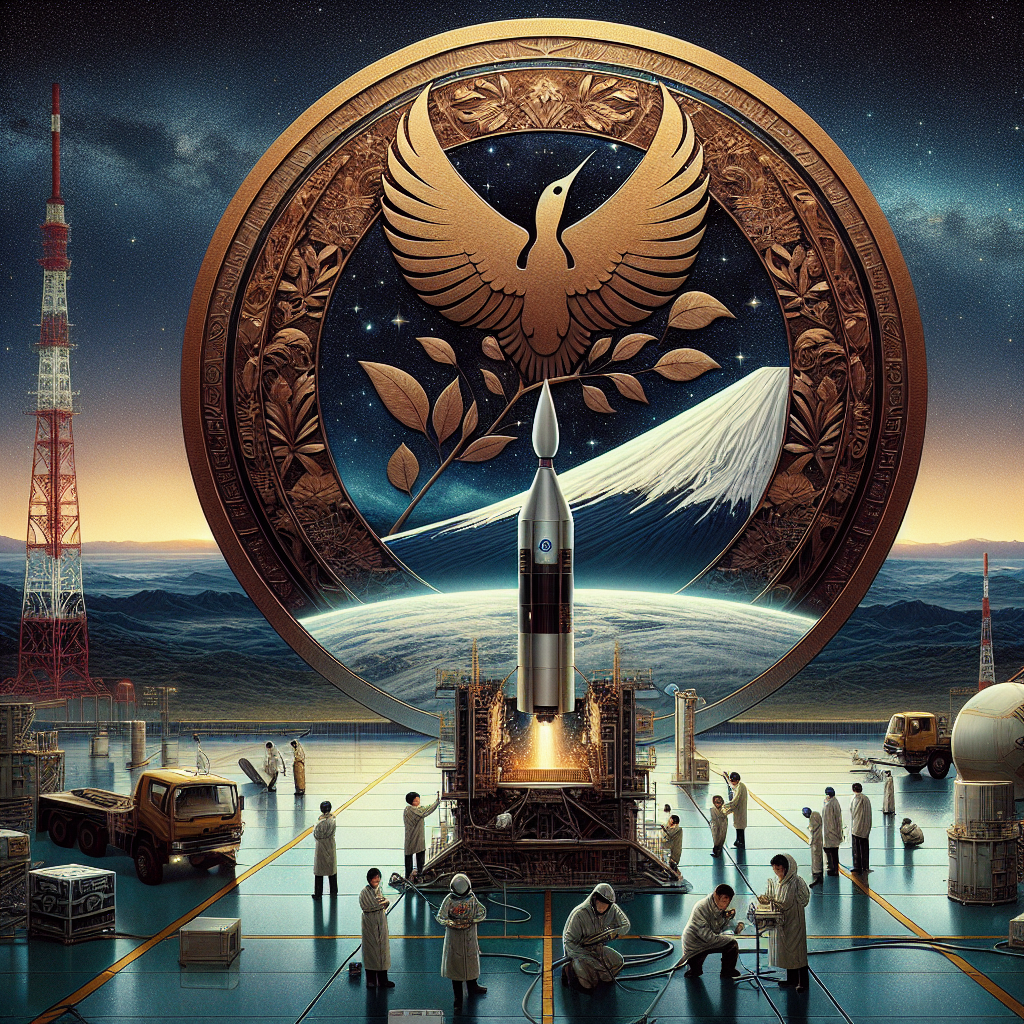New Science Developments: Failures and Plans in Space Exploration
The summary covers recent events in space exploration. China's Deep Blue Aerospace's Nebula-1 rocket failed its high-altitude recovery test, while SpaceX, led by Elon Musk, plans to send five uncrewed missions to Mars within two years. These events highlight both challenges and ambitions in the field.

Recent developments in space exploration have showcased both the challenges and ambitions of private aerospace companies. China's Deep Blue Aerospace announced that its kerosene-fueled Nebula-1 rocket failed to complete its high-altitude vertical recovery test in Inner Mongolia. The rocket managed to achieve 10 of its 11 objectives before crashing at the final stage.
Meanwhile, SpaceX, spearheaded by CEO Elon Musk, has ambitious plans to send five uncrewed Starship missions to Mars within the next two years. This announcement was made on social media platform X, aligning with Musk's earlier statement that the first Martian missions would coincide with the next Earth-Mars transfer window.
These updates reflect both the hurdles and lofty goals that characterize current endeavors in space exploration, signaling significant milestones and learning opportunities for the future.
(With inputs from agencies.)
ALSO READ
Trump's NASA pick a boon for SpaceX, but will face political challenges
Strategic Vision: WAC Hosts Commanders' Conference with Air Chief Marshal AP Singh
CORRECTED-Trump's NASA pick a boon for SpaceX, but will face political challenges
Sky-High Honors: Air Chief Marshal AP Singh to Review IAF Graduation Parade
Europe vs. SpaceX: The Reusable Rocket Race Heats Up










